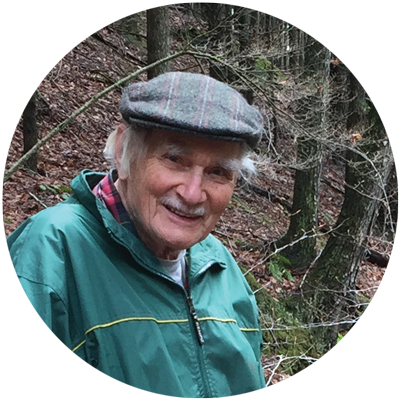Home > Climate News >
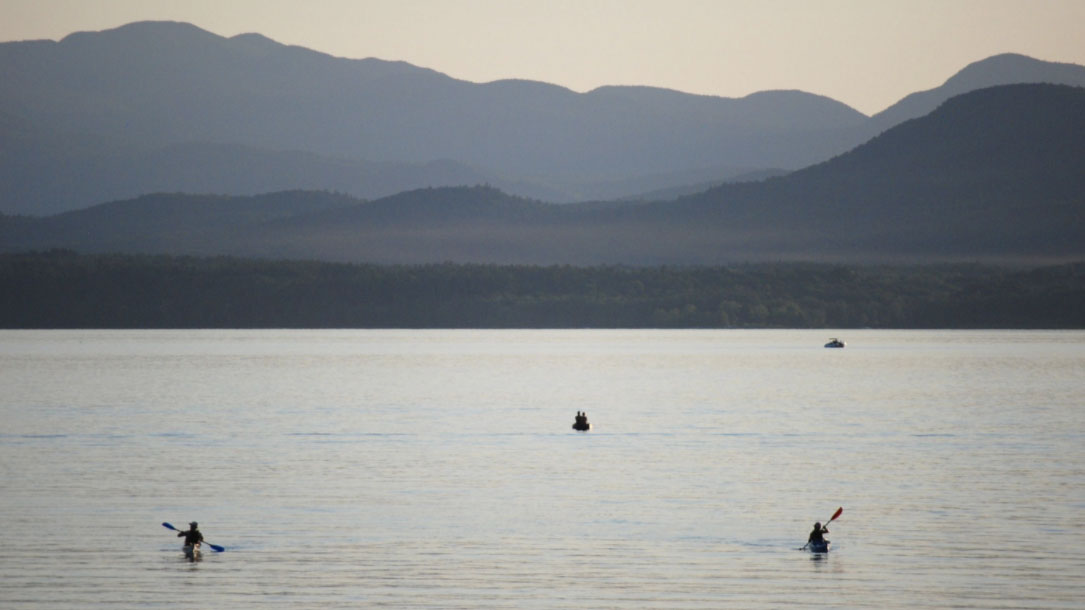
Yes, It’s Time to Update Our Climate Change Language
“I think using the appropriate language and images is very important,” says Stephan Lewandowsky, a University of Bristol cognitive psychologist who researches public opinion on climate change.
“Concerning the specific term ‘climate crisis,’ I think it strikes an appropriate balance of conveying urgency without hyperbole.”

So Why is Two Degrees the Magic Number?
If we can keep the earth’s temperature from warming two degrees we’ll be fine. But if that temperature goes only a tiny bit above, we’re in trouble…right? Not so much. In the recent video from Katharine Hayhoe’s Global Weirding series with PBS, Hayhoe helps clarify what’s happening and what we can do.
This might be something you could share on your social media feed, or in an email.
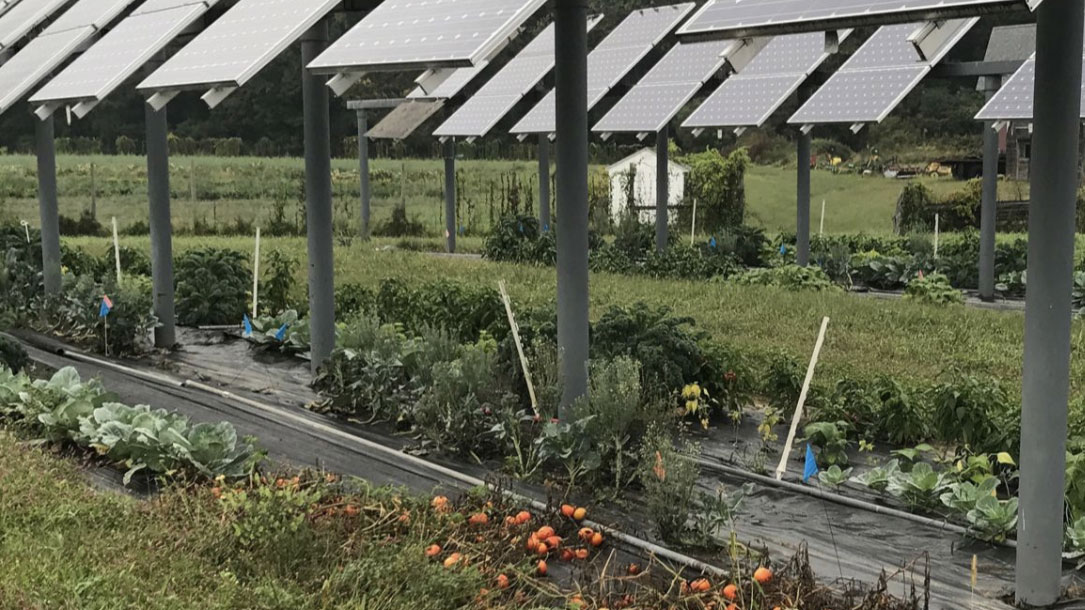
Michigan to Allow Commercial Solar Panels on Conserved Farmland
“This administrative decision will not result in a loss of useable farmland,” MDARD Director Gary McDowell said in a statement. “The change ensures that Michigan’s farmland is preserved so we can continue to feed our communities while also balancing the need to develop renewable energy sources. This is an exciting new opportunity for Michigan’s farmers to diversify while they continue to face challenging circumstances.”
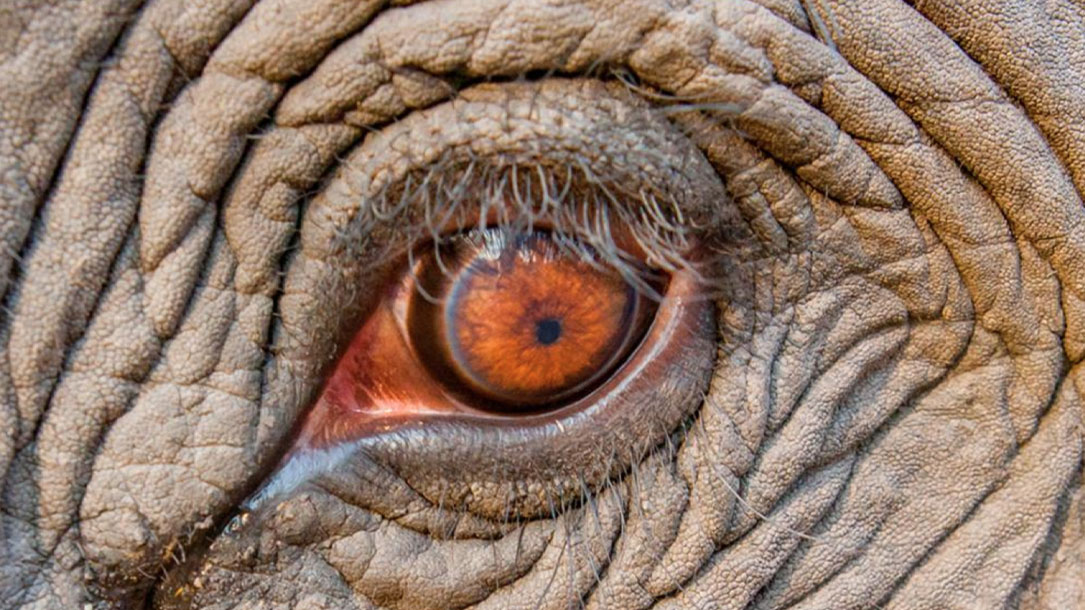
Nature’s dangerous decline ‘unprecedented’; species extinction rates ‘accelerating’
“Nature is declining globally at rates unprecedented in human history — and the rate of species extinctions is accelerating, with grave impacts on people around the world now likely, warns a landmark new report from the Intergovernmental Science-Policy Platform on Biodiversity and Ecosystem Services (IPBES), the summary of which was approved at the 7th session of the IPBES Plenary, meeting last week (29 April – 4 May) in Paris…”
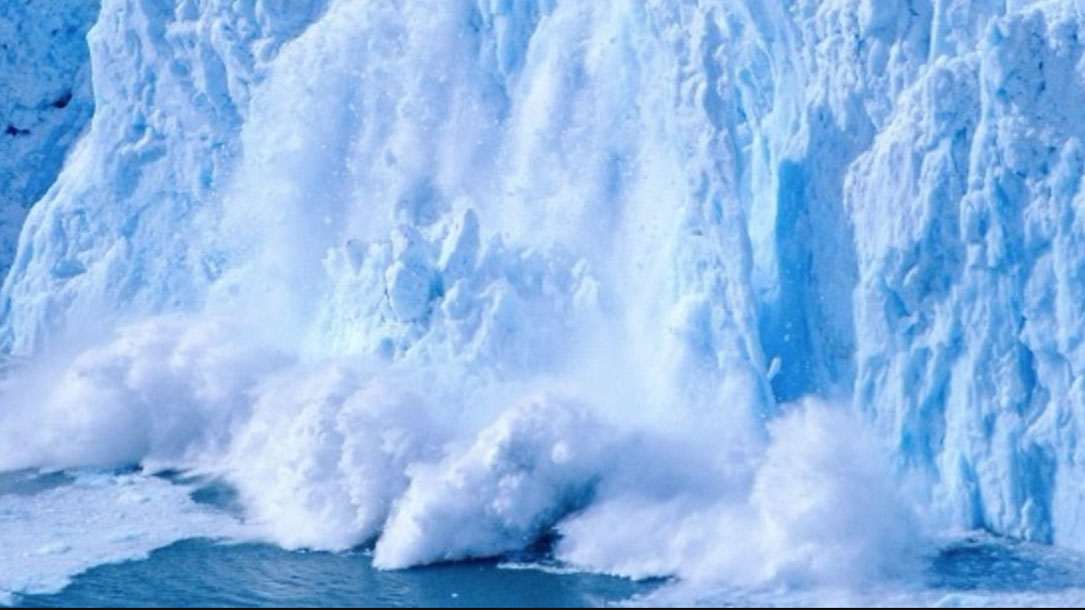
This graphic explains why 2 degrees of global warming will be way worse than 1.5
“Signatories to the Paris climate agreement — every country in the world, unless and until the US drops out in 2020 — agreed to what is by now a familiar goal: “holding the increase in the global average temperature to well below 2°C above pre-industrial levels and pursuing efforts to limit the temperature increase to 1.5°C.”
How important is that difference, though? How much worse would 2 degrees be than 1.5? Is it worth the extra effort — and it would be a truly heroic effort — to limit temperature rise to that lower target?…”
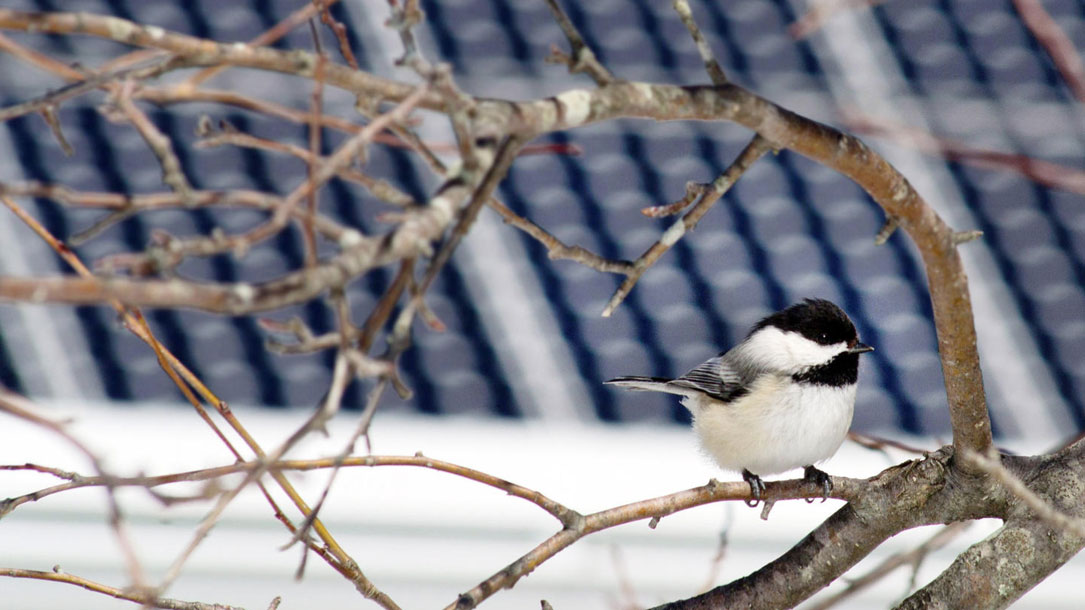
Why Solar Power Is Good for Birds
“If you install solar panels on your roof, don’t expect your birds to show any appreciation. At best, they’ll bless them with a splatter of droppings. But if they knew better, they’d be grateful, because installing solar panels at home is one of the best ways to help birds avoid the worst impacts of climate change…”

The future of the world is on the line, and our chance to fix it is now
“To have the best chance of avoiding the worst impacts of climate change, the world needs to limit global warming to 1.5 degrees Celsius–and to do that, society needs to completely transform over the next three decades, according to a new report from the UN’s Intergovernmental Panel on Climate Change. Global CO2 emissions may need to peak around 2020. By midcentury, we have to reach net zero emissions.
The report explains why it’s so important that we meet the 1.5 degree target, and how difficult that will be to accomplish. The changes required, from energy to agriculture, are “unprecedented in terms of scale,” the group writes in a summary for policymakers. And right now, we’re not anywhere close to the path to make it happen…”

High CO2 Levels Will Wreck Plants’ Nutritional Value, so Don’t Plan on Surviving on Vegetables
“Our emission of greenhouse gases from burning fossil fuels is reducing the nutritional quality of our food,” says Kristie Ebi, the University of Washington professor who was the lead author on the Intergovernmental Panel on Climate Change’s (IPCC) blockbuster report last fall on the need to limit global warming to below 1.5 degrees Celsius.
Ebi directly refuted an idea that’s been floating around for a while about the effect of CO2 on food production and global hunger. Technically, plants need CO2 to survive: they bring it in, break it down, and rely on carbon to grow…
“It’s not just us,” Ebi says. Animals like cows that rely on grains and plants for their diet produce meat and milk that contain fewer nutrients and vitamins, and people who eat meat take in fewer of those crucial resources…
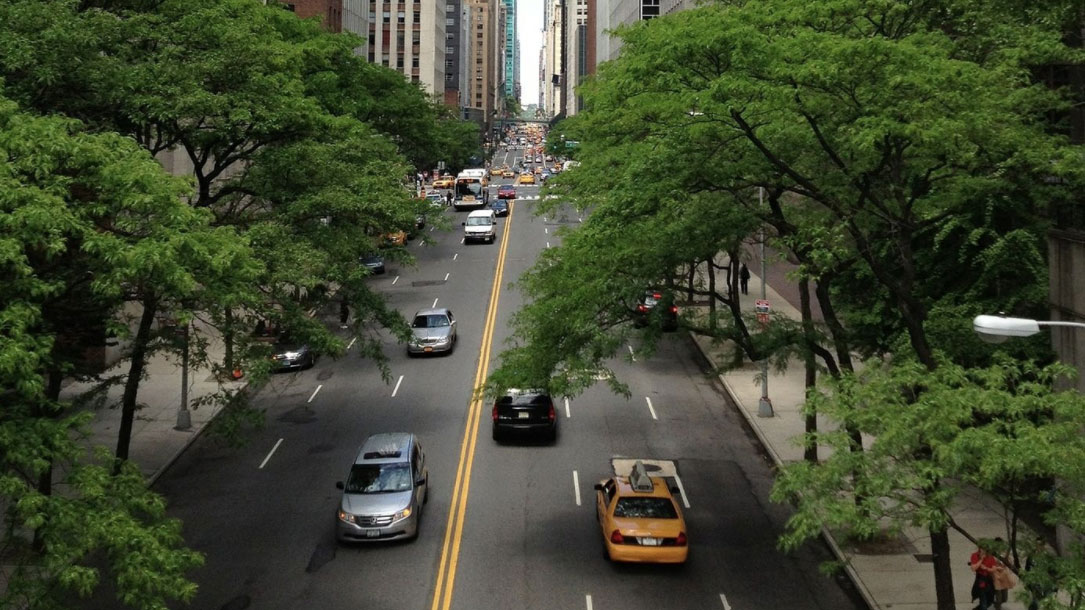
City Trees Can Offset Neighborhood Heat Islands
The concept of heat islands—densely built-up urban areas that are hotter than the rural and semi-rural landscapes around them—has been extensively studied and is widely accepted.
Now a new study takes a closer look at the urban heat island phenomenon and what can be done to mitigate it. According to ecologist Carly Ziter of Concordia University in Montreal and her colleagues at the University of Wisconsin-Madison, tree canopy cover in urban areas can dramatically reduce the temperature of the immediate environment—enough to make a significant difference even within a few city blocks…

How to Talk About Climate Change so People Will Listen
If we don’t talk about why it matters, why would we care about the problem itself? And if we don’t talk about what we can do to fix it, why would we take action or expect our community, our province, and our country to do so either?
As challenging, as stressful, and as painful as it might be, fixing climate change begins by actually talking about it. And over the years, Dr. Katharine Hayhoe has found a way to do so that’s actually constructive. It begins with talking about why climate change matters to us…



